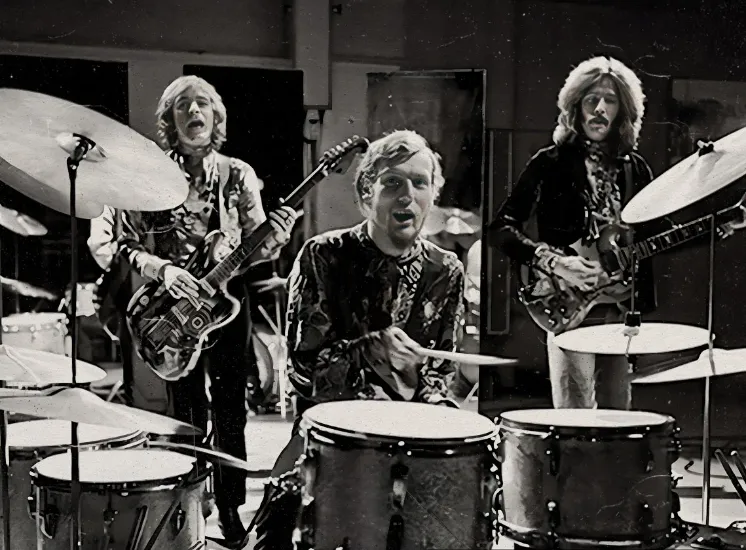When we think of rock legends Rod Stewart and David Bowie, their distinctive voices often come to mind first. But beyond their vocal prowess, both artists had varying degrees of instrumental talent that contributed to their unique sounds and careers. Let's explore the musical abilities of these two icons beyond the microphone.
Rod Stewart: The Focused Frontman

Rod Stewart, known for his raspy voice and energetic performances, had a more focused approach to instrumentation:
- Guitar: Stewart could play a little guitar, often using it for songwriting and occasionally in performances.
- Banjo: Surprisingly, the rocker had some skills with this folksy instrument, reflecting his early influences in folk music.
- Harmonica: Stewart's ability to play the harmonica added a bluesy touch to some of his performances.
While not known as a multi-instrumentalist, Stewart's limited instrumental skills complemented his powerful vocals and allowed him to participate more fully in the songwriting process.
David Bowie: The Musical Chameleon

In contrast, David Bowie was renowned for his musical versatility:
- Guitar: Bowie was proficient on guitar, often playing rhythm parts in his recordings and live shows.
- Saxophone: Perhaps surprisingly, Bowie was a capable saxophonist, adding haunting lines to tracks like "Changes."
- Piano/Keyboard: He frequently composed on piano and incorporated synthesizers into his innovative sound.
- Other Instruments: Bowie was known to experiment with various instruments, including percussion, harmonica, and even stylophone.
Bowie's multi-instrumental abilities allowed him to shape his sound more directly and contributed to his reputation as a musical innovator.
The Impact of Their Instrumental Abilities

The difference in Stewart and Bowie's instrumental repertoires reflects their distinct approaches to music:
- Songwriting: Bowie's wider range of instrumental skills gave him more tools for composition, while Stewart often collaborated with other musicians.
- Musical Evolution: Bowie's instrumental versatility facilitated his frequent reinventions, while Stewart's consistency in style aligned with his focused instrumental skills.
- Live Performances: Bowie could switch instruments on stage, creating dynamic shows. Stewart, meanwhile, focused on his commanding vocal performances.
- Production: Bowie often had a more hands-on approach in the studio due to his varied skills, while Stewart typically relied more on producers and session musicians.
Conclusion: Different Strokes for Different Folks

Both Rod Stewart and David Bowie achieved legendary status in rock music, but their paths -- and their instrumental arsenals -- differed significantly. Stewart's focused approach allowed him to hone his unmistakable vocal style, while Bowie's instrumental versatility facilitated his chameleon-like transformations throughout his career.
These contrasting approaches remind us that in rock 'n' roll, there's no one path to success. Whether armed with a singular, powerful talent or a diverse musical toolkit, what matters most is how artists use their abilities to create music that resonates with audiences across generations.



